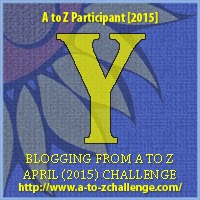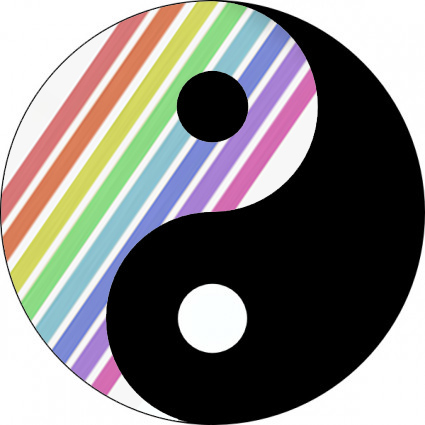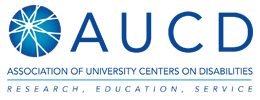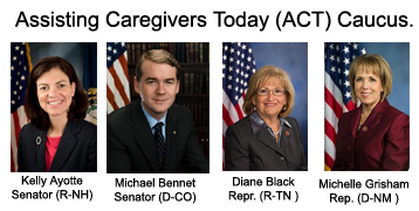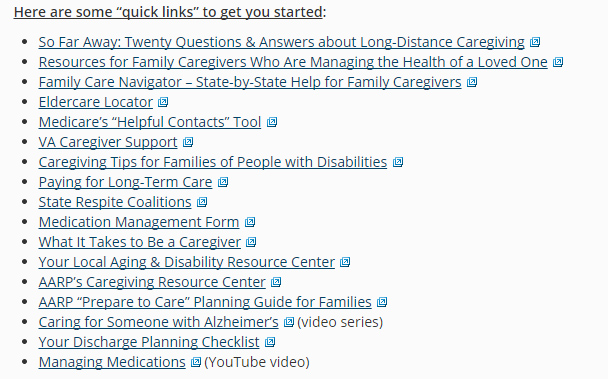Usually the private and public sector operate on extremely different levels with different agendas. Private companies are guided by the bottom line (for profit) or their mission and board (non-profit). Government entities function within a larger bureaucracy, bound by rules and red tape.
We can debate which one is “better,” but the truth is, when it comes to providing the best care for our loved ones, we need all the help we can get.
In Chinese philosophy, yin and yang (also, yin-yang or yin yang) describes how apparently opposite or contrary forces are actually complementary, interconnected, and interdependent in the natural world, and how they give rise to each other as they interrelate to one another.
As our children age out of school, we’re in charge of seeking out the best supports for our families. These two sources are great places to find answers and keep up on what’s new in disability services.
The Association of University Centers on Disabilities (AUCD)
The Association of University Centers on Disabilities, located in Silver Spring, MD, is a national, nonprofit organization that promotes and supports the national network of interdisciplinary centers advancing policy and practice through research, education, leadership, and services for and with individuals with developmental and other disabilities, their families, and communities.
Each state has what is called a “University Center for Excellence in Developmental Disabilities (UCEDD).” These colleges have a plethora of resources and cover just about every aspect of developmental disability research and practice that you can think of. I highly recommend that you browse the website and locate the facility in your state. (*It will take you a while to see it all!) You might want to visit and follow the AUCD on Facebook too.
For the purpose of this blog we’ll look at one initiative –
Family Support“AUCD advocates for policies that support family caregivers of individuals with developmental and other disabilities across the lifespan, including the Lifespan Respite Care Act, the National Family Caregiver Support Program, and Family Support funded under the Developmental Disabilities Act.”
You may know that there is a
Down syndrome caucus in Congress, but have you heard about the recently established
Assisting Caregivers Today (ACT) caucus?
The contribution family caregivers make to our society has been valued at $450 billion annually in unpaid care
|
|
This group will educate Congress on the issues facing the growing numbers of family caregivers in our country and try to find ways to support them. The AUCD signed on to a
letter thanking the legislators for their leadership on this issue and they are on the front lines of advocacy and research, forming a bridge between private and public agendas.
The Government Side
“…the U.S. federal government website for information on disability programs and services nationwide.”
This is just a sample of what you can find there.If you’re looking for government services, you should also find your developmental disability services department of state government. They go by different names and are housed in different branches of government, but each state has one. Here are a few examples:
Putting it “All Together Now”
As you can see, there are LOADS of information out there, the hard part is finding what’s right for you and your family.In the coming months, we’ll be working on ways to help families navigate the waters of adult services. For now, we hope this information will help you get started with researching the yin and yang of it all.
